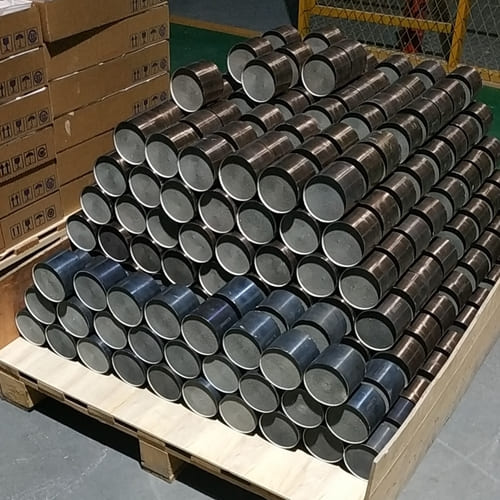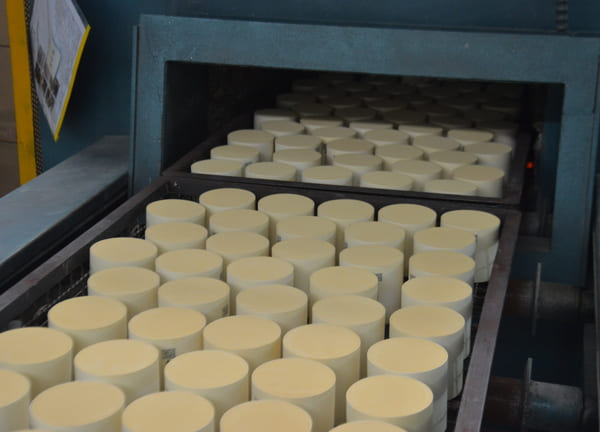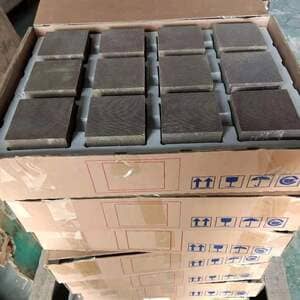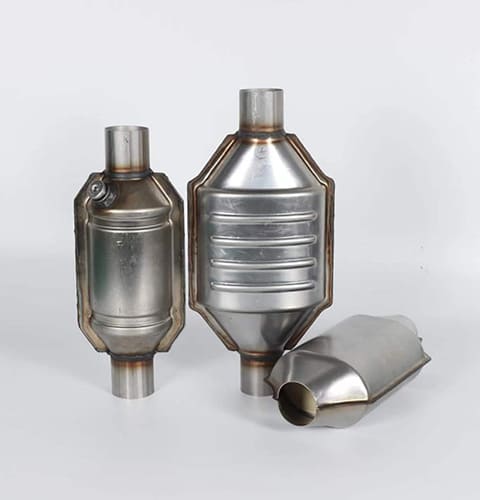Have you ever wondered how one material could play a crucial role in an array of diverse industries? Imagine a medical researcher, an automotive engineer, and a petrochemical analyst all having one common point of discussion: monolithic catalysts. How can a single component influence so many sectors?
Monolithic catalysts are versatile materials engineered to facilitate chemical reactions across a wide range of industries. From reducing harmful emissions in automotive exhaust systems to enhancing chemical processes in petrochemical plants, these catalysts are game-changers. Their unique structure—usually a solid, honeycomb-like substrate coated with catalytic material—enables efficient mass and heat transfer. The applications are so varied that they span from environmental solutions to pharmaceuticals, showcasing their immense versatility.
So why should you care about monolithic catalysts? Because they are at the core of countless innovations that make our daily lives better, safer, and more sustainable.

What Makes Monolithic Catalysts So Versatile?
The unique structure of monolithic catalysts allows for greater surface area, making them ideal for a variety of reactions. But what factors contribute to their versatility?
Firstly, the substrate material can be tailored for specific reactions. Common substrates include ceramics and metals, each offering different benefits like high thermal conductivity or corrosion resistance. Secondly, the catalytic coatings can be customized. For instance, platinum-group metals are often used in automotive applications for reducing emissions.

How Do Monolithic Catalysts Benefit the Automotive Industry?
In the automotive sector, monolithic catalysts play a vital role in emission control. According to the Environmental Protection Agency (EPA), motor vehicles contribute approximately 75% of carbon monoxide pollution in the U.S. (source). Monolithic catalysts in catalytic converters break down harmful compounds like carbon monoxide, hydrocarbons, and nitrogen oxides, reducing pollution and enhancing air quality.
What Roles Do Monolithic Catalysts Play in the Petrochemical Industry?
In petrochemical processing, monolithic catalysts significantly improve the efficiency of reactions like steam methane reforming and fluid catalytic cracking. According to a study, the use of monolithic catalysts can reduce pressure drop by up to 90% compared to traditional pellet-based catalysts. This leads to more cost-effective and energy-efficient operations.
How Do Monolithic Catalysts Contribute to Pharmaceutical Development?
Perhaps less obvious but no less important is the role of monolithic catalysts in pharmaceuticals. These catalysts facilitate complex organic reactions required for drug synthesis. The use of catalysts in pharmaceuticals can improve the efficiency of drug production, thereby reducing the overall costs. Data suggests that the global catalyst market in the pharmaceutical industry will reach $2.5 billion by 2025 (source).

Conclusion
The sheer versatility of monolithic catalysts makes them an invaluable component across various industries—from automotive and petrochemical sectors to even pharmaceuticals. Their adaptability not only drives innovation but also contributes to more sustainable and efficient processes. Next time you hear about breakthroughs in emission control, petrochemical efficiency, or drug development, remember that a monolithic catalyst might just be the unsung hero behind it all.


